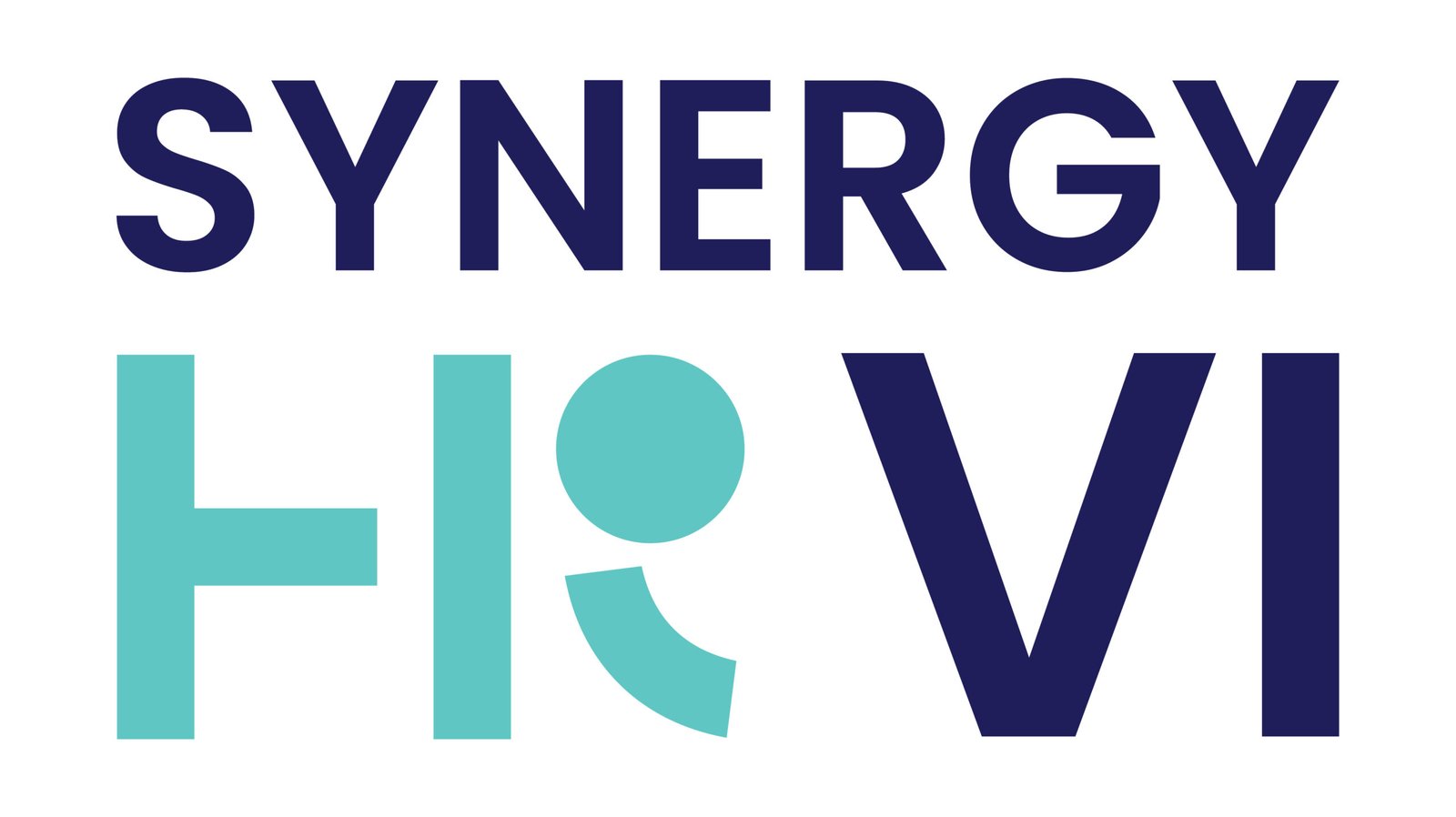In the wake of the COVID-19 pandemic, remote work has become increasingly popular, with many companies embracing this flexible work arrangement. While remote work offers many benefits, such as increased productivity and improved employee satisfaction, it also presents unique challenges, such as maintaining communication and collaboration among team members.
For Employers
- It is important to establish clear expectations and goals. This helps to ensure that everyone involved understands what is expected of them and what they are working towards
- Provide the necessary tools and resources: Make sure your remote employees have access to the tools and resources they need to do their jobs effectively. This includes things like a laptop, a VPN, and access to project management software.
- Communicate regularly and effectively: Just because your employees are working remotely doesn’t mean you should stop communicating with them. Regularly check in with them to see how they are doing and to provide feedback.
- Promote a culture of trust and autonomy: Trust your employees to do their jobs and give them the autonomy to manage their own time. This will help them to feel more engaged and productive.
- Recognizing and rewarding achievements is crucial in motivating individuals and encouraging them to strive for excellence.: Make sure to recognize and reward your remote employees for their accomplishments. This will help to keep them motivated and engaged.
For Employees
- Create a dedicated workspace: Designate a specific area in your home as your workspace. This will help you to stay focused and productive.
- Establish a consistent timetable and adhere to it consistently.: Just like you would in an office setting, it is important to set a schedule for yourself and stick to it. This will help you to stay on track and meet deadlines.
- It is important to take breaks at regular intervals. Please ensure to take a break after every hour of work to avoid burnout and maintain productivity.: Get up and move around every 20-30 minutes to avoid getting burned out. Take a walk, stretch, or do some quick exercises.
- Communicate effectively with your team: Stay in touch with your team members regularly. Use video conferencing, instant messaging, and project management tools to stay connected.
- Set boundaries between work and personal life: It is important to set boundaries between your work life and your personal life. Avoid checking work emails or messages outside of work hours.
Additional Tips
- Use technology to your advantage: There are many great tools available that can help you to be more productive when working remotely. Take advantage of these tools to make your work life easier.
- Stay connected with your company: Make sure to stay connected with your company culture and values. Participate in virtual events and social activities.
- Take care of your mental health: Working remotely can be isolating, so it is important to take care of your mental health. Make sure you are getting enough sleep, eating healthy, and exercising regularly.
By following these best practices, employers and employees can ensure that remote work is a success. Remote work can be a rewarding and productive experience for everyone involved.
Establishing a Foundation for Success: Setting Clear Expectations and Goals
The foundation of successful remote work lies in setting clear expectations and goals for both employers and employees. Employers need to clearly define the work arrangements, and expectations regarding work hours, output, communication channels, and performance evaluation criteria. Employees, in turn, should proactively seek clarity on expectations and goals
Providing the Essentials: Enabling Remote Work with Tools and Resources
Effective remote work hinges on providing employees with the necessary tools and resources to perform their jobs effectively. This includes essential equipment such as laptops with reliable internet connectivity, access to productivity software, and any specialized tools or software required for their specific roles.
Employers should also consider providing ergonomic equipment, such as supportive chairs and adjustable desks, to promote physical well-being and prevent.
Maintaining Effective Communication: Fostering Connection and Collaboration
Remote work often raises concerns about maintaining effective communication and collaboration among team members. While face-to-face interactions are reduced, it is crucial to establish clear and consistent communication channels to ensure seamless information sharing and project progress.
Employers should encourage the use of various communication tools, such as video conferencing platforms, instant messaging apps, and project management software.
Promoting Trust and Autonomy: Empowering Employees for Success
Remote work presents an opportunity to foster a culture of trust and autonomy, empowering employees to take ownership of their work and manage their time effectively. This approach recognizes the contributions of employees and demonstrates confidence in their abilities to deliver results independently.
Employers should provide clear guidelines and expectations while allowing employees flexibility in structuring their workday.
Creating a Dedicated Workspace: Defining a Work-Life Balance
Employees working remotely should designate a specific area in their homes as their workspace. This physical separation helps to establish a clear boundary between work and personal life, reducing distractions and promoting focus.
The designated workspace should be organized, well-lit, and free from clutter. It should also be equipped with ergonomic furniture and necessary work equipment to promote comfort and productivity.
Establishing a Schedule and Sticking to It: Maintaining Routine and Avoiding Burnout
Just as in an office setting, setting a schedule and sticking to it is essential for maintaining productivity and avoiding burnout in a remote work environment. This involves establishing regular work hours, incorporating breaks throughout the day, and scheduling time for focused work sessions.
By adhering to a consistent schedule, employees can create a sense of routine and avoid the temptation to work extended hours or constantly check emails outside of work hours.
Taking Regular Breaks: Recharging and Maintaining Energy Levels
Regular breaks are crucial for maintaining focus, preventing burnout, and enhancing productivity during remote work. Stepping away from work every 20-30 minutes to stretch, walk around, or engage in brief relaxation techniques can significantly improve.




